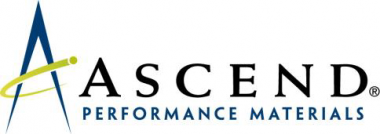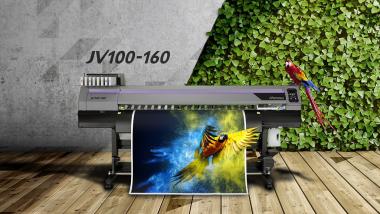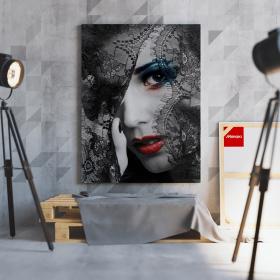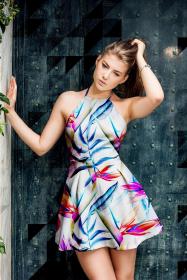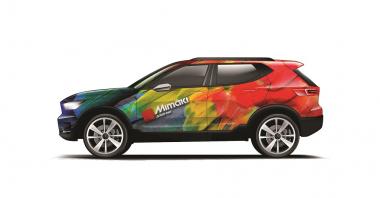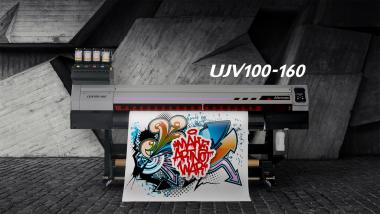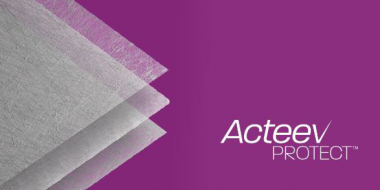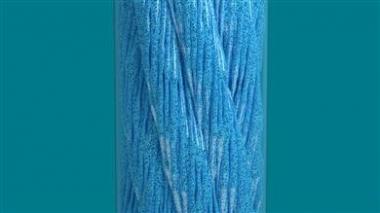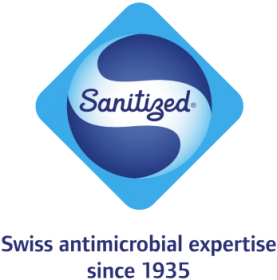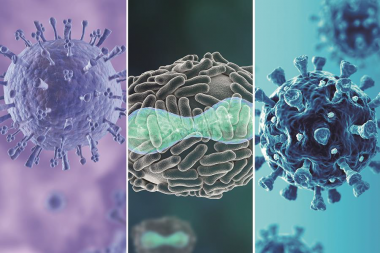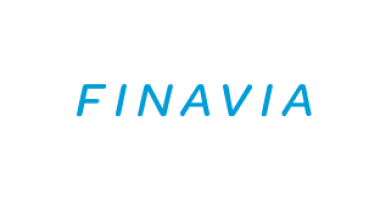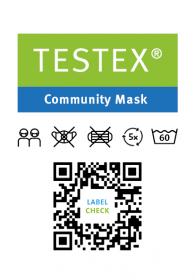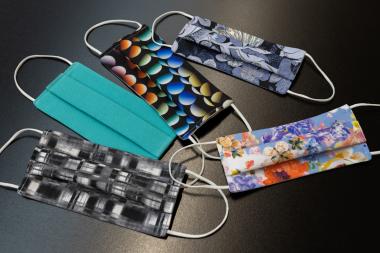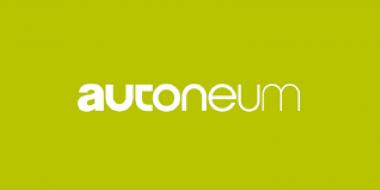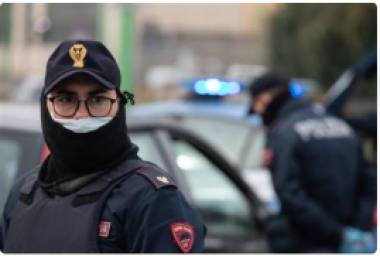Bunzl Distribution brings American antiviral technology to Mexico retailers
US-made Acteev Protect™ masks have embedded zinc ion technology which deactivates many viruses and eliminates bacteria
Bunzl Distribution, a leading supplier of packaging, disposable supplies, and cleaning and safety products, has signed on as the distributor in Mexico for Acteev Protect™ masks, made in the United States by polyamide manufacturer Ascend Performance Materials. A global distributor, Bunzl provides supplies to supermarkets, food processing plants, retailers and convenience stores in Mexico.
Bunzl will distribute the Acteev Protect Nonwoven Mask, a reusable general purpose mask that features powerful antiviral and antibacterial properties. Acteev technology embeds active zinc ions in a polymer matrix which destroys microbes, deactivates many viruses and eliminates bacteria and fungi.
Recent testing on Acteev fabric completed at the University of Cambridge has demonstrated that Acteev technology deactivates the virus that causes COVID-19, SARS-CoV-2, with greater than 99.9% efficacy. Ascend has submitted several masks designs to the U.S. Environmental Protection Agency and the U.S. Food and Drug Administration to obtain the appropriate regulatory clearances to make specific claims regarding the technology’s antiviral properties in the United States.
Carlos Green, Director General of Bunzl de México, says the company is pleased to bring products featuring better safety and protection to the Mexico market. “Our customers are more focused than ever before on doing business safely, and Acteev masks offer an added level of protection in the workplace,” he said. “We’re excited to offer our customers this premium product that provides some of the best protection available.”
In addition to antiviral, antifungal and antibacterial protection, the washable, reusable masks are lightweight, breathable and odor-fighting, making them comfortable to wear during a long shift at work or for outdoor workout. “Workers in industrial settings, such as chemical and food processing plants, and convenience stores and other retail outlets deserve the right protection as they keep society and the economy moving in Mexico,” said Juan Toro, Ascend’s principal business development leader for Acteev in the Americas.
“We are proud to partner with Bunzl to help deliver a reusable mask that provides both antiviral properties as well as an opportunity reduce the number of masks consumed, saving the companies money.”
Acteev Protect shows promise for use beyond masks, according to Ascend. The technology was originally developed for workout wear, and now the company is working textile applications ranging from gloves to scrubs to high-end athleisure.
Covid-19 Acteev Protect Nonwoven Mask Mexico United States Ascend Performance Materials
EMG


